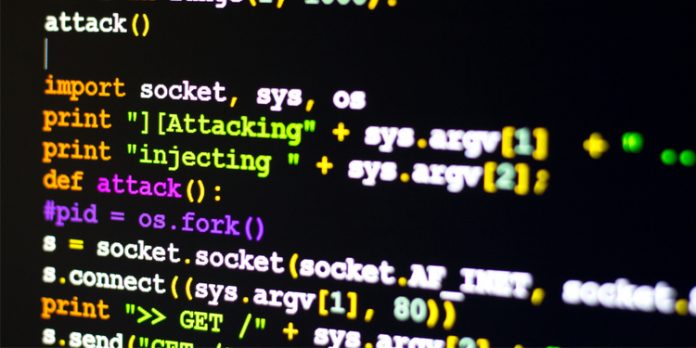Prominent cybersecurity news website Infosecurity Magazine is suffering a significant distributed denial of service (DDoS) attack. The website is suspended and being moved to another hosting provider.
“Sorry, we’re offline. Due to our website being under a significant and sustained DDoS attack, we have temporarily suspended the Infosecurity website and are actively in the process of migrating to a new, more robust hosting provider. We are aiming to complete this move as quickly as circumstance allows. Sincere apologies for any inconvenience caused,” the front page of the UK-based news publication reads.

“We won’t let our #DDoS stop us doing what we love!” the organization tweeted. As a temporary solution, Infosecurity Magazine uploaded its newest podcast to Soundcloud.
We reached out to Infosecurity Magazine to learn more details about the attack and will update the article as soon as more information is available.
What is a distributed denial-of-service attack?
During DDoS attacks, huge numbers of “bots” attack target computers. Hence, many entities are attacking a target, which explains the “distributed” part. The bots are infected computers spread across multiple locations. There isn’t a single host. You may be hosting a bot right now and not even know it.
When DDoS attackers direct their bots against a certain target, it has some pretty unpleasant effects. Most importantly, a DDoS attack aims to trigger a “denial of service” response for people using the target system. This takes the target network offline. If you’ve repeatedly struggled to access a retail website, you may well have encountered a denial of service. And it can take hours, or days to recover from.
A record number of DDoS attacks were waged in 2020, according to new data from NETSCOUT’s ATLAS Security Engineering & Response Team.
They analysed the range of attacks on different sectors of the tech economy and what impact it had throughout the last year. In all, 10 million DDoS attacks were launched during 2020. “While most of the world has experienced an unprecedented global health crisis over the last year, malicious actors have seen new vulnerabilities and opportunity,” says Richard Hummel, threat intelligence lead at NETSCOUT.
More from CyberNews:
Oppressors used Pegasus for nefarious means
The rise in contactless convenience
SMEs are sitting ducks – smaller businesses warned to beware of cyberattacks
This couple lost £15,000 to scammers. We followed the money – and found millions in stolen crypto
Spreadshirt hack: attackers gained access to user data, including bank details and PayPal addresses
U.S. offers $10 million for tips on foreign hackers
Subscribe to our newsletter










